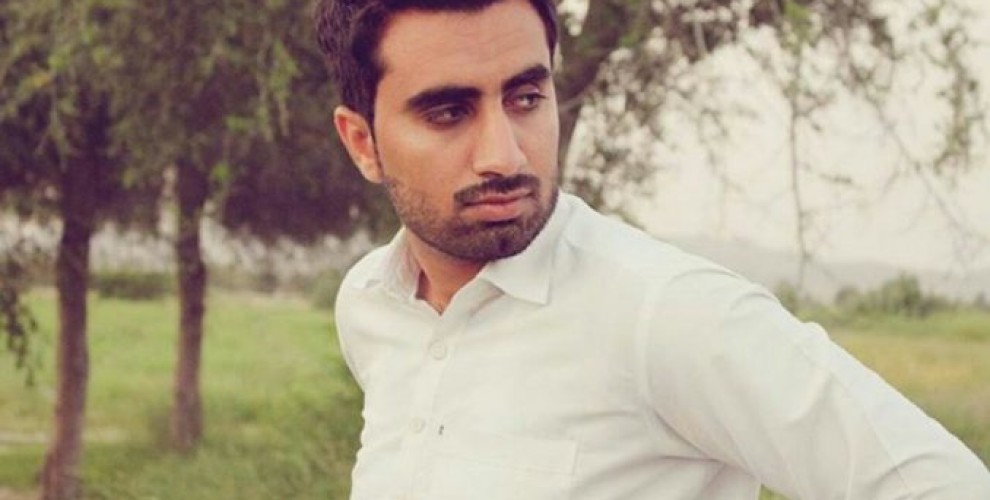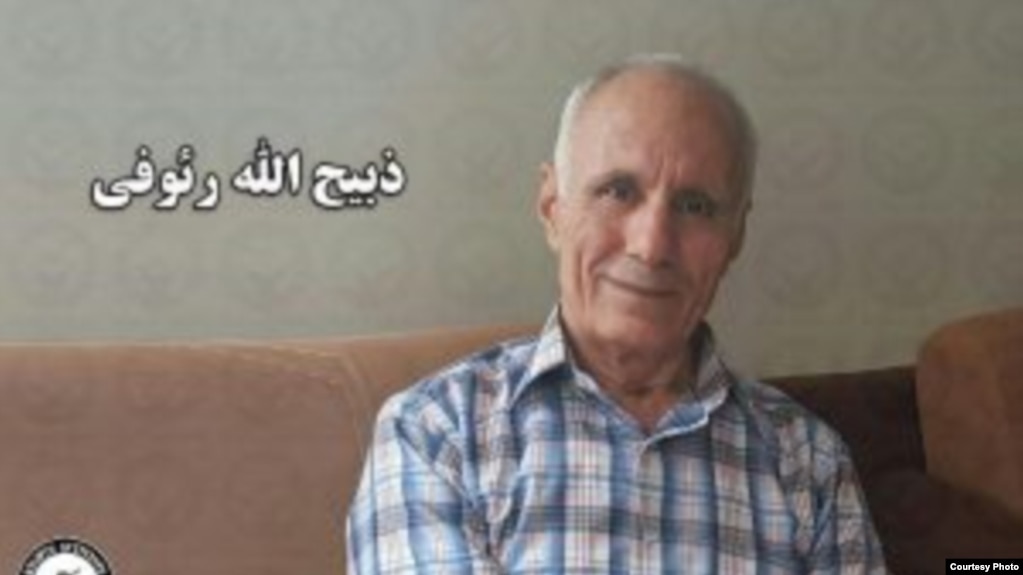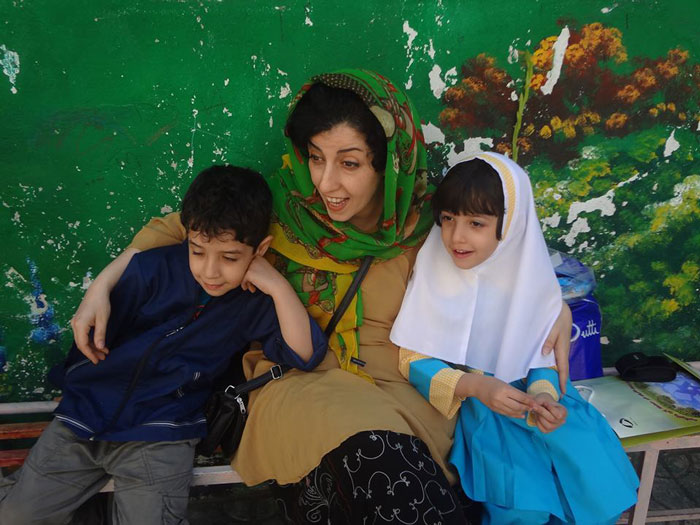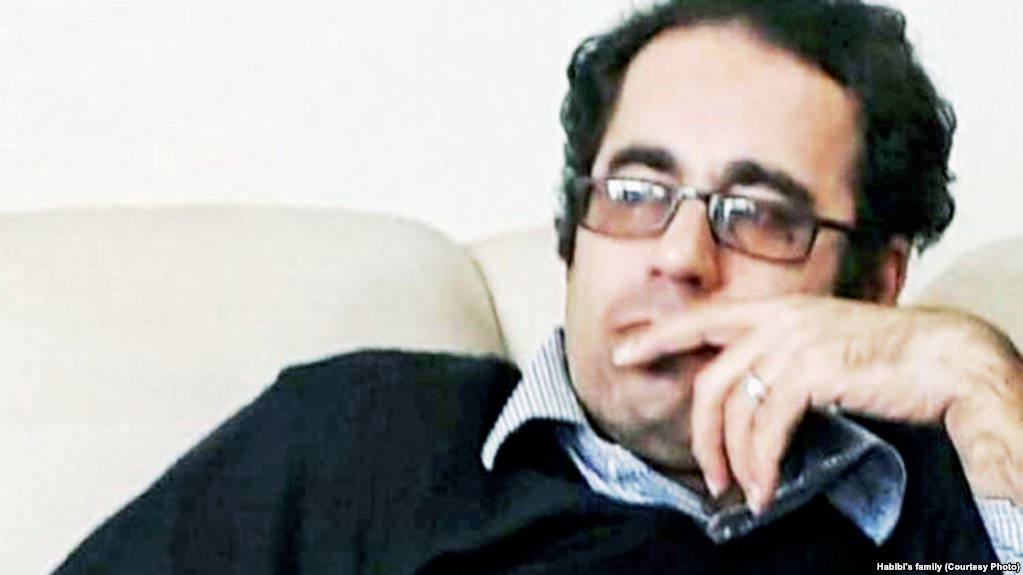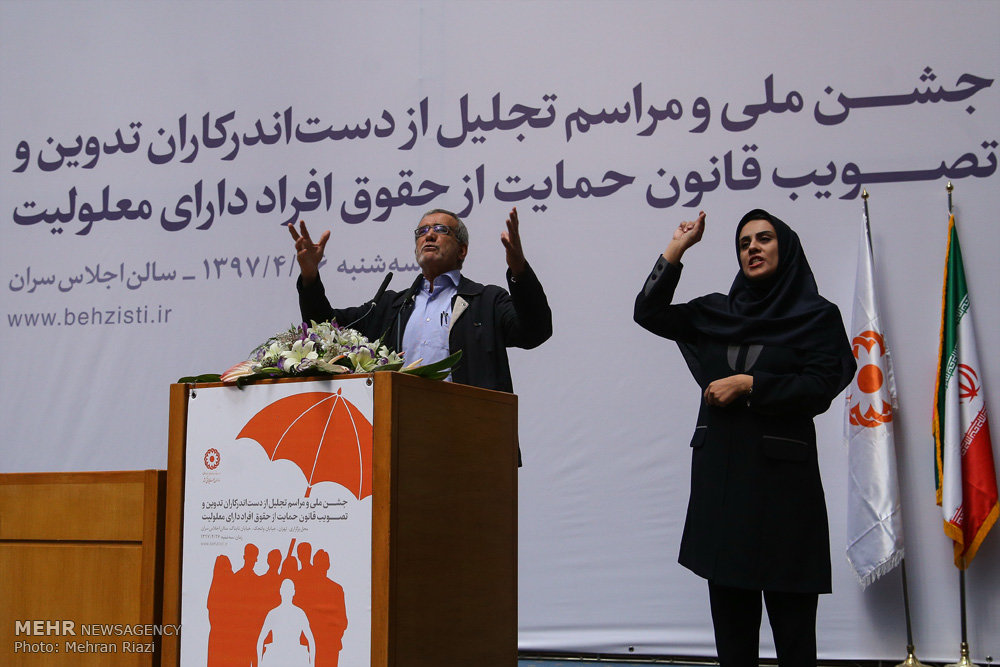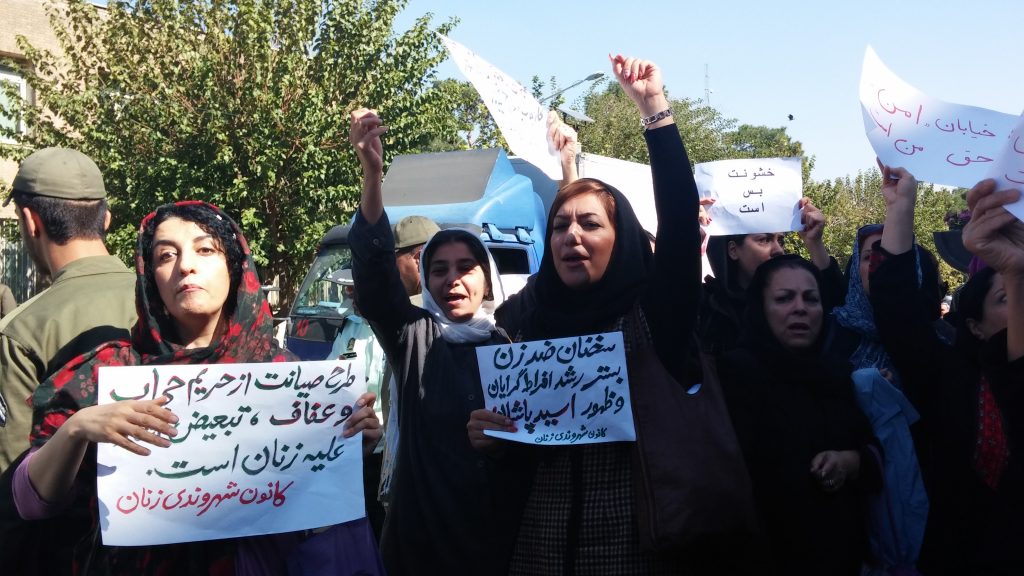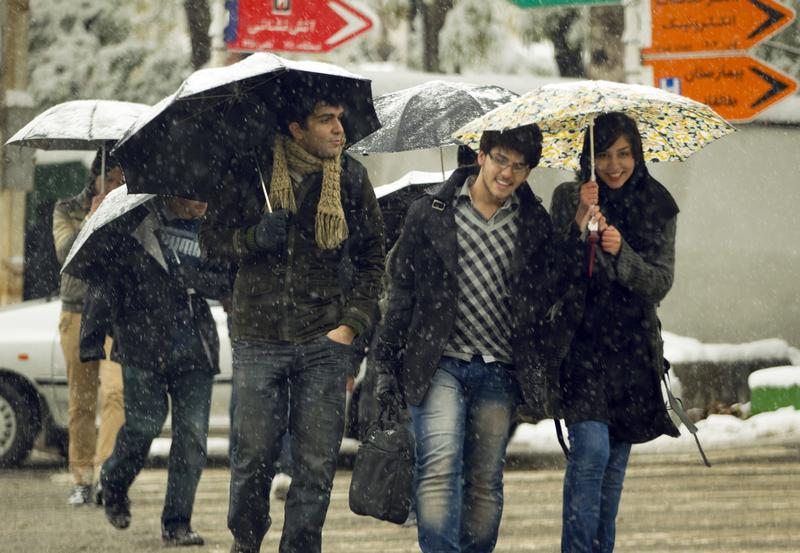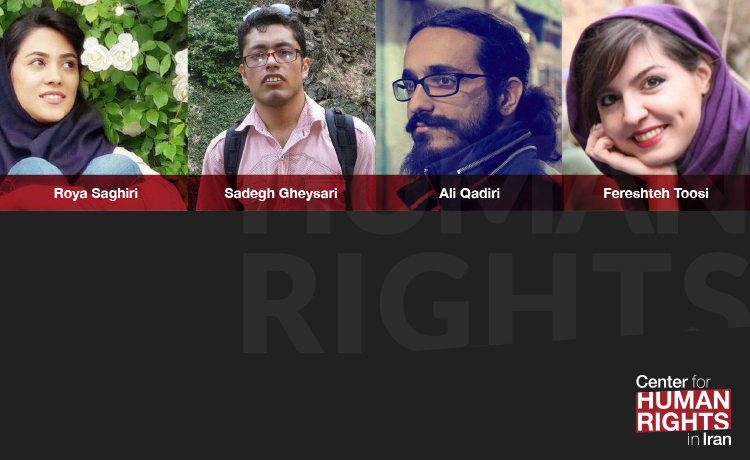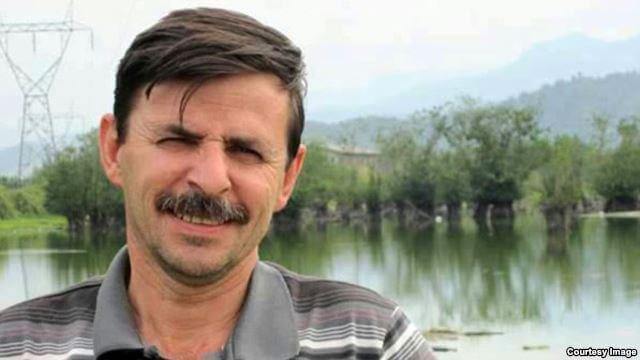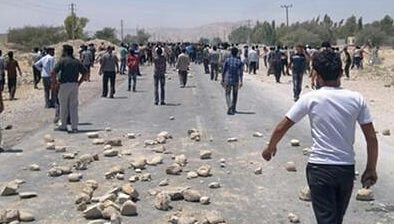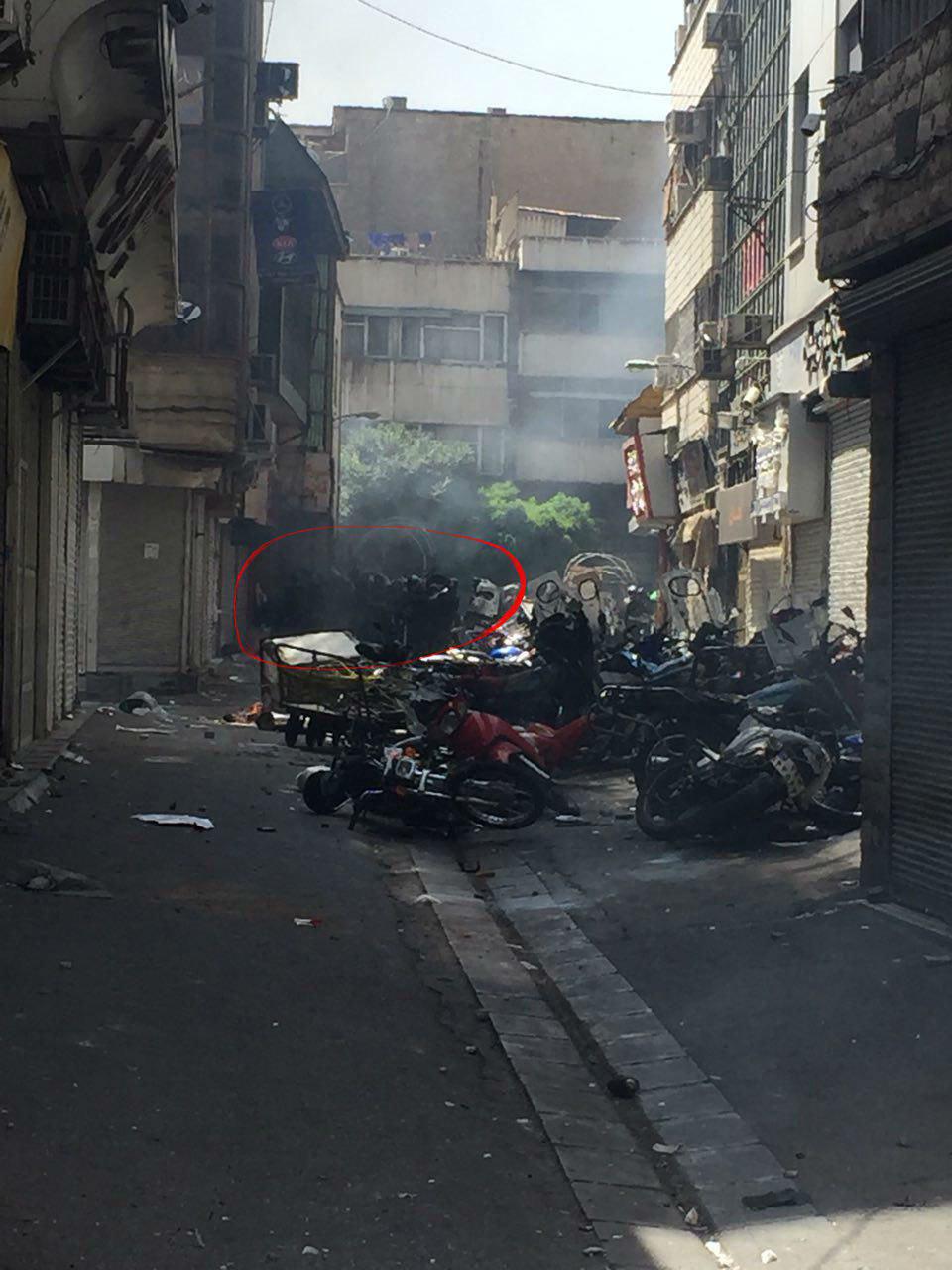Iran Affirms Right of Constitutionally Recognized Religious Minorities
to Run in Local Elections
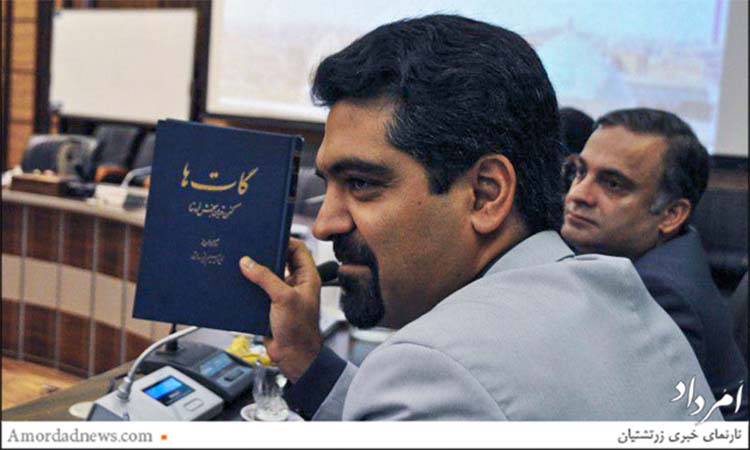
JULY
27, 2018
Sepanta Niknam has reclaimed his city council
seat in the city of Yazd, southeastern Iran, nine months after he was suspended
by a local court because he’s a member of the Zoroastrian faith.
“I think it would be best that under the current circumstances,
when the country is dealing with many issues, the authorities don’t expel an
elected representative just because of his religious affiliation,” said Kourosh
Niknam, Sepanta’s uncle and a former member of Iran’s Parliament, in an
interview with the Center for Human Rights in Iran (CHRI) on July 20, 2018.
By a two-thirds majority, the Expediency Council, Iran’s highest
arbiter of disputes between state branches, voted on July 21 to amend the Law on the Formation, Duties, and
Election of National Islamic Councils, thereby affirming the right
of constitutionally recognized religious minorities to run in local elections.
